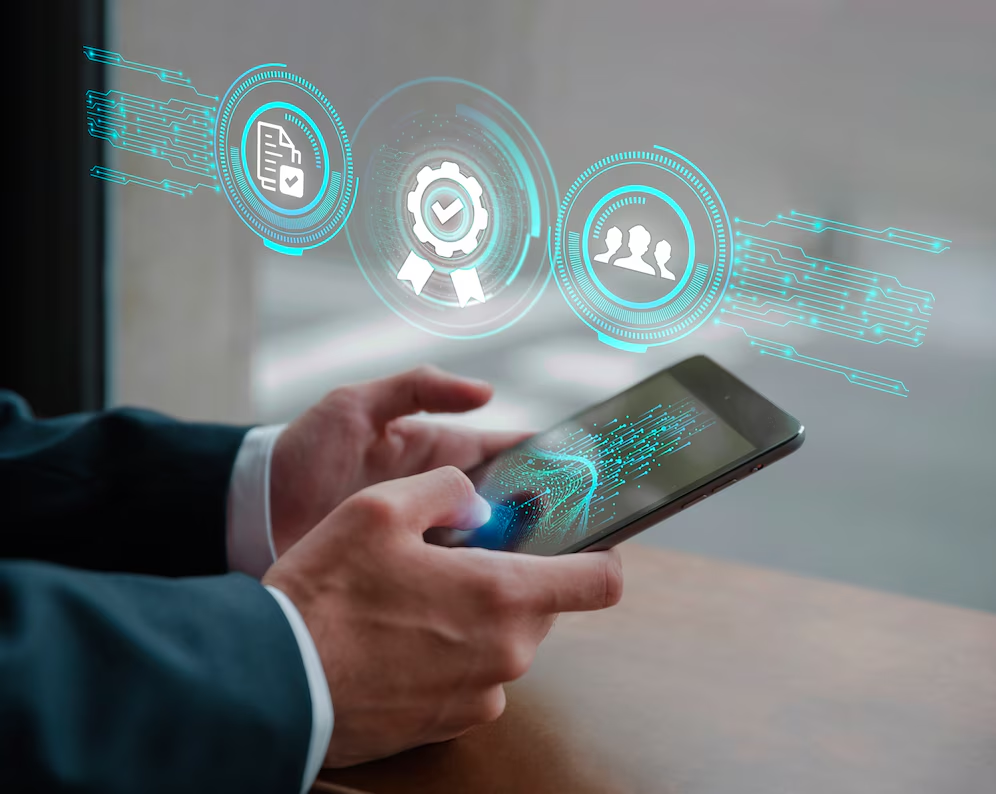In the UK, Personal Injury Law UK serves as a critical framework for safeguarding individuals who suffer injuries due to the negligence of others. Whether it’s a slip on a wet floor, a mishap at work, or a traffic accident, understanding your legal rights and protections is paramount. This article aims to demystify the complexities of personal injury claims and offer a comprehensive guide on how victims can effectively seek the compensation they rightfully deserve.
By delving into the intricacies of the law, we provide an indispensable resource for anyone navigating the often challenging path to obtaining justice and financial redress for their injuries. This guide not only enlightens but empowers readers, ensuring they are well-equipped to advocate for their rights.
What is Personal Injury Law?

Definition and Scope
Personal injury law in the UK is designed to protect individuals who suffer physical injuries or mental anguish due to someone else’s negligence or intentional actions. This area of law covers a variety of incidents, including road traffic accidents, workplace accidents, trips and falls, and more severe cases such as medical malpractice and industrial diseases like mesothelioma from asbestos exposure.
The core principle of personal injury law is that if an individual can prove that their injury was caused by another party’s negligence, they may be entitled to compensation. The compensation can cover physical injuries, psychological impacts, and financial losses due to the inability to work or enjoy life as before.
Types of Personal Injuries
The most commonly claimed personal injuries in the UK include:
- Road Traffic Accidents: These often involve injuries from minor whiplash to more severe cases resulting from collisions, where motor insurance plays a critical role.
- Workplace Accidents: These claims are typically covered under employers’ liability insurance and can range from minor injuries due to slips or falls to serious conditions caused by inadequate safety measures.
- Public and Private Property Accidents: Injuries occurring on public or business premises fall under public liability insurance, encompassing anything from a fall in a public park to an accident in a shopping centre (Wikipedia).
Legal Framework and Regulations

Key Legislation
Personal injury law in the UK is governed by several key pieces of legislation, notably the Health and Safety at Work Act 1974 and the Occupiers’ Liability Act 1957. The Health and Safety at Work Act imposes a duty on employers to ensure the health, safety, and welfare of their employees as far as reasonably practicable. The Occupiers’ Liability Act 1957 requires those in control of premises to take reasonable care to prevent harm to visitors. Together, these acts form the cornerstone of injury prevention and liability in workplace and public settings.
Recent Changes and Updates
The personal injury sector has seen significant changes recently, particularly with the introduction of the Civil Liability Act 2018. This act primarily aims to modernise the personal injury compensation system in England and Wales, significantly altering the handling of whiplash claims.
Key reforms include setting fixed tariffs for whiplash compensation and introducing a new online portal for claims processing to streamline and reduce the costs associated with whiplash claims. The act is part of broader efforts to reduce fraudulent claims and lower the cost of motor insurance, directly impacting how personal injury claims are handled in the UK.
These legislative frameworks and recent updates play a crucial role in shaping the landscape of personal injury law, ensuring that it adapts to changing societal needs and helps maintain fairness in the compensation process.
The Claims Process for Personal Injury Law UK

Steps to Take Following an Injury
After suffering a personal injury, it’s crucial to take the following steps promptly:
- Seek Medical Attention: Immediately get medical treatment for your injuries. This not only ensures your well-being but also provides medical records that serve as evidence.
- Document the Incident: Gather as much information as possible at the scene. Take photographs, note down details of the incident, and collect contact information of witnesses.
- Report the Incident: Depending on the nature of the injury, report the accident to the relevant authority or organisation (e.g., your employer, store manager, or local council).
- Legal Consultation: Contact a solicitor specialising in personal injury claims. They will guide you through the process of making a claim and handle the legal complexities.
Filing a Claim
Filing a personal injury claim involves several important steps:
- Initial Consultation with a Solicitor: Your solicitor will assess the details of your case and advise you on the feasibility of your claim.
- Gathering Evidence: Your solicitor will help gather all necessary evidence, which may include medical reports, witness statements, and other pertinent documentation.
- Medical Assessment: A detailed medical examination will be arranged to assess the extent of your injuries. This report will be crucial in determining the compensation amount.
- Submitting the Claim: Your solicitor will submit a claim notification form to the defendant. The defendant will have a set period to respond and either accept or contest the liability.
- Negotiation and Settlement: If the defendant accepts liability, your solicitor will negotiate a compensation amount. Most cases are settled out of court, but if no agreement can be reached, the case may go to trial.
Time Limits and Costs
It’s important to act swiftly as personal injury claims must generally be made within three years of the incident. Funding options such as ‘No Win, No Fee‘ agreements might be available, which can alleviate the financial burden of legal action.
Compensation and Settlements in UK Personal Injury Claims

Calculating Compensation
Compensation in personal injury cases is determined based on several factors aimed at restoring the injured party as closely as possible to their pre-injury state. Two main types of damages are considered:
- General Damages: These are awarded for the pain, suffering, and loss of amenity resulting from the injury. The amount is calculated based on the severity and type of injury sustained. Common assessments include the impact on lifestyle, long-term health consequences, and the pain endured during and after the incident.
- Special Damages: These cover actual financial losses incurred due to the injury. This includes medical expenses, loss of earnings, future care costs, and any other expenses directly related to the injury. Calculating these requires detailed documentation, such as receipts, medical bills, and proof of income loss.
Both general and special damages are guided by the Judicial College Guidelines, which provide a range of compensation amounts for various injuries to ensure consistency in awards across similar cases.
Challenges and Legal Assistance in UK Personal Injury Claims
Common Challenges
Claimants in personal injury cases often face several hurdles, which can complicate the process of seeking compensation:
- Dealing with Insurance Companies: Negotiating with insurers can be daunting as they often employ tactics to minimise payouts. This requires a strategic approach to ensure fair compensation.
- Proving Negligence: Establishing liability is crucial and can be challenging, especially in complex cases where multiple parties might be involved. Evidence must clearly link the defendant’s actions to the injury sustained.
Choosing the Right Solicitor
Selecting an experienced solicitor is essential for navigating the complexities of personal injury claims effectively:
- Specialisation and Experience: It’s important to choose a solicitor who specialises in personal injury law. This expertise is crucial for understanding the nuances of the legal system and effectively handling claims.
- Accreditation: Solicitors who are part of accreditation schemes such as those provided by the Law Society’s personal injury or clinical negligence panels, or the Association of Personal Injury Lawyers (APIL), are proven to have the necessary expertise and adhere to high professional standards (Citizens Advice).
- Initial Consultation: Many solicitors offer a free initial consultation, which can be an opportunity to discuss the specifics of your case and gauge the solicitor’s approach and compatibility with your needs (InjuryClaims.co.uk).
Choosing a solicitor who is well-versed in personal injury cases and who you feel comfortable working with can significantly impact the outcome of your claim. Their guidance is invaluable in overcoming the common challenges faced during the claims process, from collecting evidence and proving negligence to negotiating with insurance companies and other parties involved.
Navigating Personal Injury Claims
Navigating the complexities of personal injury law requires a thorough understanding and strategic approach, particularly when dealing with insurance companies and establishing negligence. Seeking professional legal advice is crucial for anyone who believes they have a valid claim. A qualified solicitor can offer invaluable assistance, ensuring that your rights are robustly represented and that you navigate the legal challenges effectively.
Stay Tune With Pearl Lemon Legal
If you’re facing the challenges of a personal injury claim, don’t navigate this complex field alone. Contact Pearl Lemon Legal today for a consultation with a qualified personal injury solicitor. Ensure your rights are adequately represented and maximise your chances of a favourable outcome. Let our experts provide the guidance and support you need.






